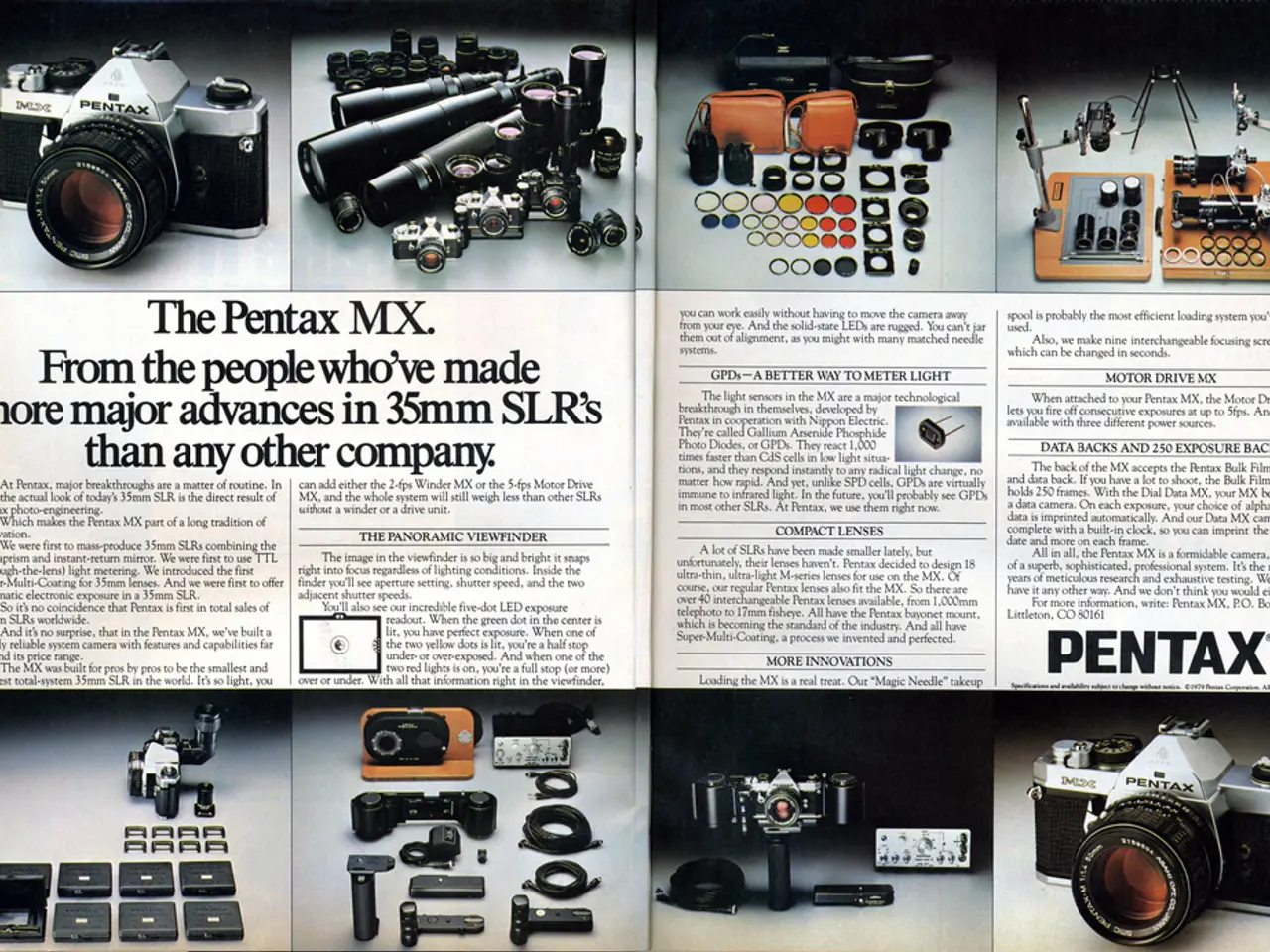Streamlined, Sustainable Smartphones: EU Energy Label Makes Its Debut
Smartphone and Tablet Energy Ratings to Become Compulsory Across EU Markets - Mandatory Energy Rating for Smartphones and Tablets in the EU Imminent
Get ready, tech enthusiasts! The European Commission is rolling out a brand-new energy label for smartphones and tablets hitting the market starting this week. This game-changing label allows consumers to gauge key factors like a device's durability, repairability, and energy efficiency. In simple terms, it's your guide to shopping smart and sustainably!
The innovative label breaks down the product's energy efficiency, battery life, and resistance to dust and water. It also offers insights into the device's ruggedness against drops. As the Brussels authority states, "This energy label will help EU consumers make more informed and eco-friendly purchasing decisions and promote sustainable consumption." Comparing devices before purchase has never been easier!
But it's not just about the label – manufacturers are also subject to new eco-design requirements. These include ensuring devices are more resistant, have long-lasting batteries, and software updates available for longer. With critical spare parts provided quickly, their goal is to save electricity, CO2, and enhance repairability.
The Lowdown on the New Eco-Design Rules:
- Transparency: Clear information explains a device's energy efficiency, battery lifespan, resistance to dust and water, and drop resistance. Plus, it tracks repairability via a score.
- Durability: Devices should be resistant to accidental drops and scratching and resist dust and water ingress.
- Battery Life: Batteries must maintain at least 80% of their initial charge capacity after at least 800 endurance cycles.
- Spare Parts: Critical spare parts must be accessible within five to ten working days for at least seven years after the model is discontinued.
- Software Support: Operating system updates are needed for at least five years from the model's discontinuation date. Professional repairers should also have non-discriminatory access to necessary software or firmware for repairs.
- Material Use: Use of recyclable and sustainable materials is encouraged to lessen the environmental impact and electronic waste.
These regulations are part of the EU's ambitious Green Deal strategy and Right to Repair initiatives, aiming to foster a circular economy, reduce electronic waste, and empower consumers with extended-life, sustainable technology. The new directive applies to smartphones, feature phones, cordless phones, and slate tablets, with some exceptions for high-security communication devices and tablets incorporating flexible main displays.
In a nutshell, the new EU regulations set out to improve energy efficiency, extend product lifespans through enhanced durability and repairability, guarantee software support, and deliver transparent consumer information via energy labels, all with the goal of making smartphones more environmentally friendly within the EU market. Rock on, eco-conscious consumers! 🌎📱♻️




